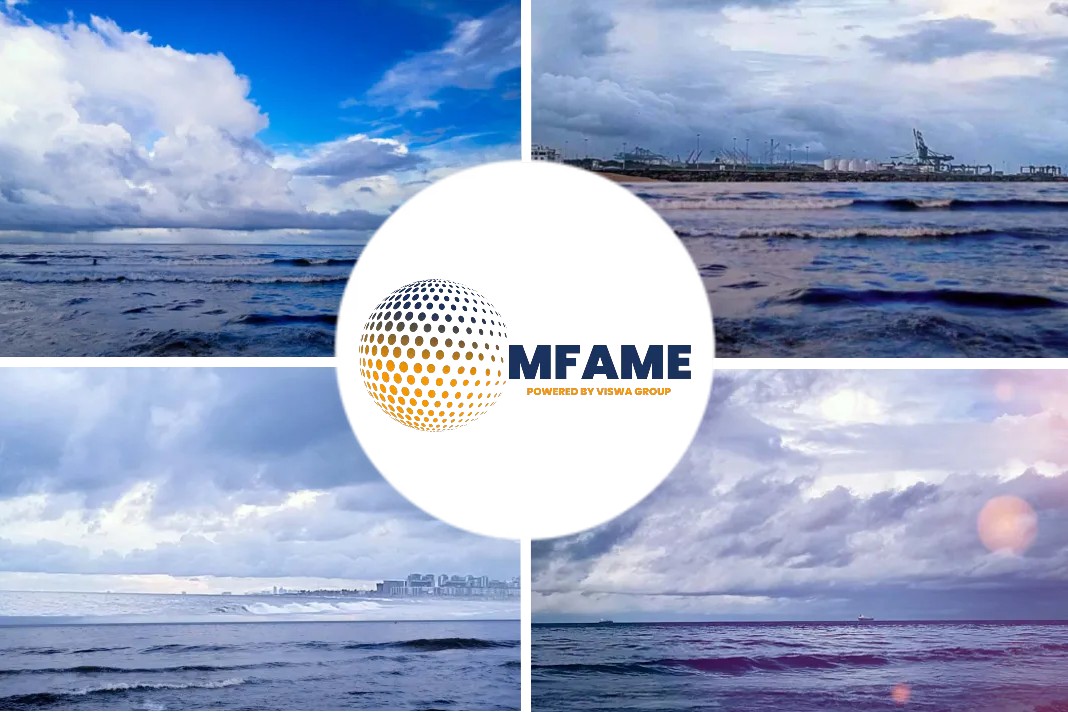- However, the report also shows that further progress to unlock investments, deployment, and scale-up can only come from getting the right incentivizing policies in place.
- Policy action is one of the main drivers of decarbonization.
- The views expressed are those of the authors alone.
We are urging EU policymakers to increase the climate ambition in these policy proposals and explicitly encourage the production and use of zero emission fuels made from net-zero energy sources, such as green and blue hydrogen, ammonia, methanol, and sustainable biofuels, as negotiations on FuelEU Maritime and the EU Emission Trading System (ETS) enter their final phase.
2050 ambition
Incentivizing the production and use of zero emission fuels this decade is critical if our ambition of having a global maritime industry run solely on net-zero emission fuels by 2050 is to be achieved.
This 2050 ambition is shared by more than 240 shipping stakeholders that have signed the Getting to Zero Coalition’s Call to Action for Shipping Decarbonization as well as many countries and other organizations.
But having a bold 2050 ambition is not enough.
We need clear, short-term targets and the concrete actions that will take us there.
In the short term, sustainable biofuels will be an important part of the transition, but to achieve the long-term targets, we will need scalable zero emission fuels derived from hydrogen as they have the highest potential for long-term, cost-effective scale-up.
Zero emission fuels
To achieve the 2050 ambition, the UN High-level Climate Champions have set a target of reaching 5% scalable zero emission fuels by 2030 as the breakthrough target for shipping decarbonization.
A newly launched report tracking the progress towards this target finds that many commitments have been made over the last 24 months.
The report indicates that European maritime actors are leading the way towards shipping’s full decarbonization, which has many co-benefits for Europe like job creation, innovation, global competitiveness, cleaner air, and energy security.
For example, at least 114 Europe-focused pilot projects for shipping are currently taking place, more than 60 European banks have signed up for the zero-emission banking initiatives, including the Poseidon Principles and the Net-Zero Banking Alliance, and 10 European countries have committed to developing green maritime corridors in the coming years under the Clydebank Declaration.
Zero-Rating principle
However, the report also shows that further progress to unlock investments, deployment, and scale-up can only come from getting the right incentivizing policies in place.
Closing this price gap will incentivize production, distribution, and use of scalable zero emission fuels at scale.
Increasing the carbon intensity reduction targets in FuelEU Maritime as proposed by the TRAN Committee will stimulate demand for renewable fuels more generally, but an increase in targets must be complemented by corresponding supportive mechanisms to allow the maritime value chain to make the transition.
The zero-rating principle for renewable fuels use should be extended to shipping.
And it is absolutely critical that revenue raised from shipping is reinvested to catalyze shipping decarbonization – as also called for by many maritime associations – in the same way that ETS revenue is already earmarked for decarbonization of other ETS sectors.
ETS revenue
When reinvesting ETS revenue, the EU Commission and Member States should explore the use of Contracts for Difference, an effective subsidy scheme that has already been proven in the offshore wind sector.
A recent study for the Getting to Zero Coalition showed that we can reach five percent scalable zero emission fuels by 2030 in Europe by using around 15-20 percent of the shipping based ETS revenue.
Policy action is one of the main drivers of decarbonization.
If FuelEU Maritime and ETS for shipping are designed with the right incentivizing elements, Fit for 55 will catalyze the decarbonization of European and international shipping and support European companies in their efforts to be leaders in maritime zero emission technology and fuel production.
Adopting ambitious EU policy will also send an important signal to the International Maritime Organization (IMO) and its members that it should set an ambition of zero emission shipping by 2050 in line with the Paris Agreement’s 1.5°C degree temperature goal when revising the IMO’s GHG Strategy next year.
Did you subscribe to our daily Newsletter?
It’s Free! Click here to Subscribe
Source: Global Maritime Forum



















